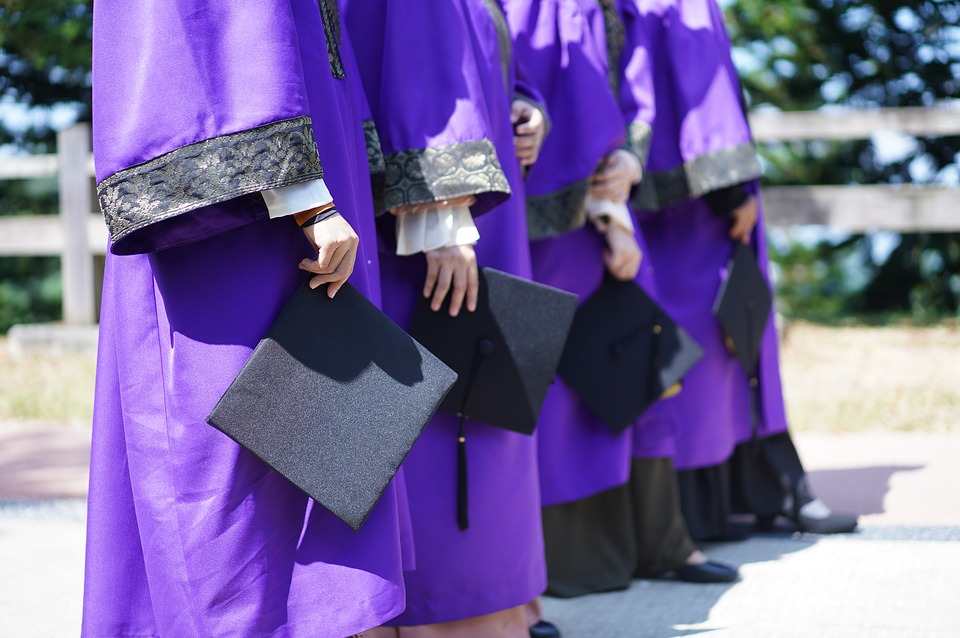State Pledges To Freeze Tuition For 4th Consecutive Year
In a historic move, one state is pledging a tuition freeze for in-state students for the fourth year in a row.

In an unprecedented move, the Board of Governors for Pennsylvania’s State System of Higher Education voted on a tuition freeze. This marks the fourth year in a row that the state will not raise tuition costs for their in-state students. This is a much-needed relief for students and one the Board of Governors has worked diligently to provide.
The Board requested state funding to the tune of $550 million last October for the upcoming fiscal year as means to offset the need for a jump in tuition costs. The tuition freeze will keep in-state students’ fees at $7,716 while they will shell out another $478 in technology fees. Out-of-state students’ tuition fees are set by the individual universities within the state system. Out-of-state students pay $728 for their technology fees.
On top of requesting the $550 million in state funding for the tuition freeze, the Board is also looking for an additional $201 million in direct-to-student aid. Of the remaining $150 million the General Assembly and governor committed; the Board also is looking to get $75 million. This is all part of a partnership that the Commonwealth and the State System have renewed that has both focused on a complete transformation of state-owned universities.

“I am not recommending a tuition fee increase this year because the students we serve are struggling already with the net price of attending our universities, which is too high,” said Chancellor Daniel Greenstein via The Philadelphia Inquirer to the Board before they cast vote. This tuition freeze recommendation by Greenstein was great news to the nearly 89,000 students in the system. Over 88% of those call Pennsylvania their home, making the State System the largest bachelor’s degrees producer in the Keystone state. 78% of the state’s graduates are also quick to find employment after earning their degree, taking only three years.
“Pennsylvania’s economy depends on the talented and well-educated graduates from the state-owned universities, and we are focused on providing a quality and affordable public education to students of all backgrounds,” said Cindy Shapira, chair of the Board of Governors, via Edinboro University News. “We are hopeful the legislature supports our funding request so we can maintain the tuition freeze. With all of the other rising costs in our economy, working families should not have to worry about paying more for tuition at a public university.”
But Greenstein also knows that a tuition freeze won’t always be the answer for the Commonwealth and the State System. He says the state “must invest in its state-owned universities if we want them to continue providing the high-quality, affordable education they were born to deliver.” He does say, though, that additional state investments can help with the tuition freeze, which ultimately strengthens the state’s workforce. “With additional investments from the state, the System can freeze tuition so more students can afford a high-quality public higher education as we work together to make Pennsylvania’s workforce stronger.”

While the state is kicking in what it can to help with the tuition freeze, the Commonwealth still has a long way to go in terms of its investment per student in their four-year, state-owned universities. Here, they rank a poor 46th in the nation. This is a number they desperately would like to improve upon. Their poor ranking is never more evident than in the constant shortage of college-educated workers within the state. Although only six out of ten jobs are requiring a college degree, only a mere 51% of Commonwealth workers have that.
A tuition freeze combined with an increase in student aid looks to be the answer the Board and the State System are seeking. A full System redesign will also help not only make high-quality education more accessible but will also make it a reality. More low- and middle-income families will be able to get children into State System universities which ultimately will bring to businesses the higher-quality employee they seek.







